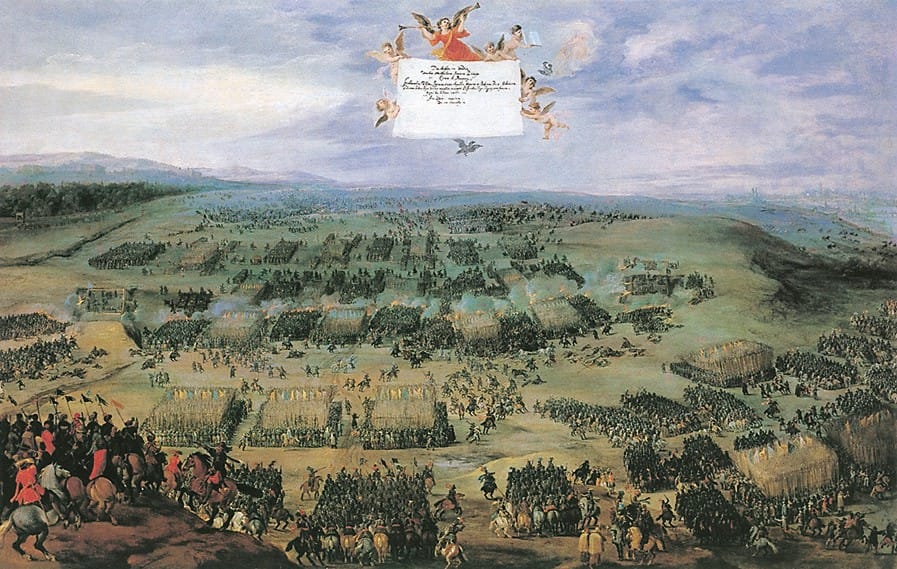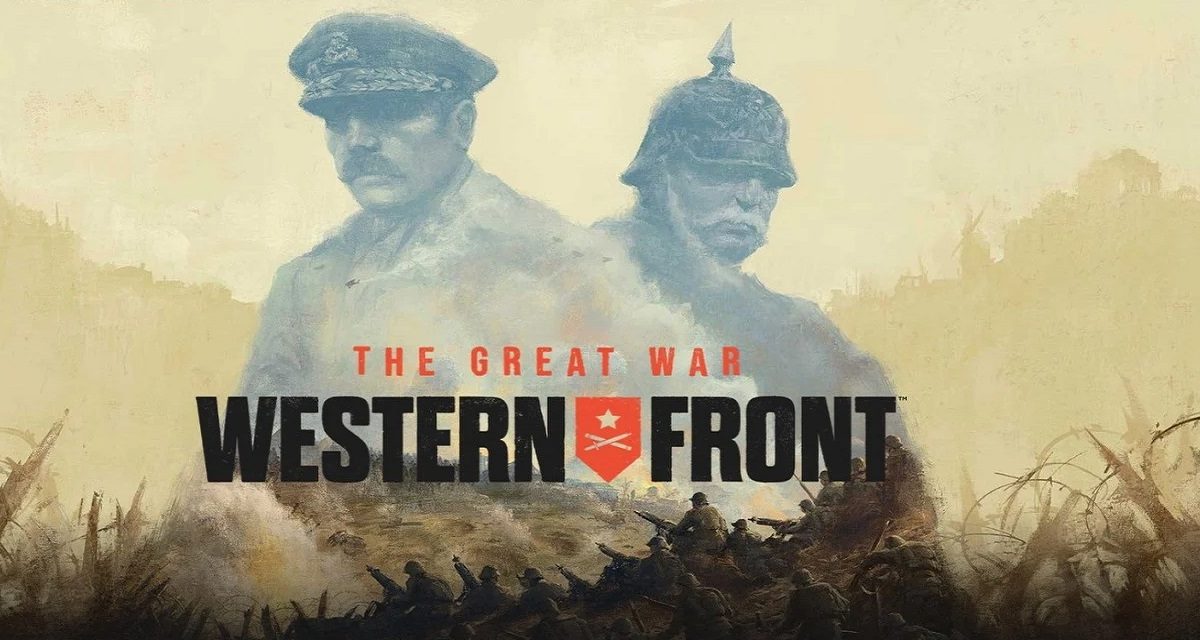Category Archives: How To Make It In The Game Business
The First Four Steps: Designer’s Notes For The New Line Of OSS Folio Games
Brian Train, 22 April 2015
Game Theorist and Designer Brian Train joins us for a look inside the design of his new folio games with One Small Step games.
Ed Note: We’ve already reviewed Shining Path here at GrogHeads.
At the beginning of 2015, One Small Step Games began to publish a series of new “folio games,” small format wargames on a variety of subjects at a reasonable price. At least eight will be released during this year: four by me, two Civil War titles by Richard Dengel (Lone Jack, Middle Creek) that use the Rebel Yell! tactical system, and two strategic World War Two games by Gary Graber (Battle of the Atlantic, Fall of Berlin).
The four titles by me are all modern-era, from 1956 Budapest to 2010 Afghanistan. Most of the game designs (I’ve published (30+ and counting) are post World War Two: for me, this is an area full of ungamed topics, grimy and nasty irregular wars which inform and shape the world we live in today. I was always interested in guerilla war/ irregular war/ low-intensity conflict, whatever it was being called at the time. I’ve been designing for about 25 years, and near the beginning of my career I was one of a very few people “ploughing in the COINfield”, as it were (I’m happy to say I have more company now).
How To Make It In The Game Business – Playtesting!
Jim 2200-point-Scrabble-Name, 22 October 2014
How can you make it in the game business? How about playtesting?
(Interviewer’s disclaimer: I had the pleasure of meeting Mr. Hamilton via a playtest. I will absolutely not indicate which one as it turns out that’s quite the forbidden thing.)
For the folks that don’t know, who are you and what is your role at John Tiller Software?
My name is Rich Hamilton. I cut my teeth on Avalon Hill and SSI games as well as 1:72/HO scale miniatures but had boxed my hobby up a few years earlier as my life just didn’t have room for it, in more ways than one! Then one day, in a Computer City I believe it was, I found Battleground Ardennes and I was hooked from the moment I looked at the back of the box.
I’ve been active on-line with the Tiller games since late 1997 when I stumbled upon the old Leadeaters outfit. From there I migrated to the “sister clubs” hosted under Wargame.ch (CCC/ACWGC/NWC/MBC, etc.) and have played an active part in a variety of sites at varying levels. WarfareHQ, later GameSquad, was probably my largest “club” activity outside of the Wargame.ch clubs. I started the SDC, or Scenario Design Center, as a central hub for Tiller user-created content in the late 90’s posting my custom work and content from many others. Several years ago I handed that site over to Steve Trauth who has done a fine job expanding both the content and appearance of the site over time. I also spearheaded the three TillerCons along with help from quite a few others. Having a 20+ system LAN party for three days was a good way to enjoy the games and discussions related to the games.
I made contact with John Tiller directly in 1998 through my activities on the SDC and was given the opportunity to be the scenario designer for my first game, War of 1812. From there I lead/participated in several game design projects (French & Indian War, Campaign Waterloo, Mexican-American War), but also started project management duties for several titles spanning the Squad Battles series, Naval Campaigns, Modern Air Power, Musket & Pike, Napoleonic & ACW. During all this I became the official front man for HPS support in late 2001, handling all email communications and patrolling the forums. Today my project management roles continue, and while I continue to be the front end of HPS Support I also fulfill that role for John Tiller Software.
How To Make It In The Game Business – Your First Convention
This article originally appeared in Scrye Magazine, which is now defunct. So we thought we’d share it with you and give you some insights on Making it in the Game Business. Look for some more articles as we pester publishers and designers to share their accumulated wisdom with us.
Planning
Conventions can be a great way to get your game in front of your audience. The high concentration of gamers and the foot traffic in the exhibit hall make for a target-rich environment for a new company. If you’re looking to spread the word about yourself, setting up shop at a convention is a great way to do it.
The first question you really need to ask is “Why are we going to the convention?” Are you focusing on selling product? Building some buzz around your company? Trying to meet people and show off your game for another company to pick you up? If you don’t go into the show with a solid definition of success, you won’t have much of a measuring stick to gauge your overall investment in time and effort.
One of your next decisions needs to be “which convention?” Staying close to home, or with a friend, can cut down the overall cost. If a local convention is not an option, then try to shoot for a convention whose major events are closest to your core products. GenCon is a heavy RPG show; Origins is a role-playing and board-gaming mix, with some card events for good measure. There are many smaller, local cons as well, and they are often willing to offer booth space to a company at a low rate.
Get your deposits in as soon as possible. The difference in cost can be dramatic. As an example, at Origins 2006, a booth cost $555 if paid by January 10, but went up to $671 if paid at the end of March. For a new company, the $120 difference might make or break your first show.
Finally, you need to decide on your booth crew. Drafting a friend is a cheap way to man your booth. But you need to make sure that folks working your booth are as well-versed in your product as you are. Remember, the customer doesn’t know that your buddy is just here for the free convention; the customer sees a representative of your company behind the table.

The very first booth with BayonetGames at Origins in 2005. We had no clue what we were doing back then, but we figured it out over the next few years.








